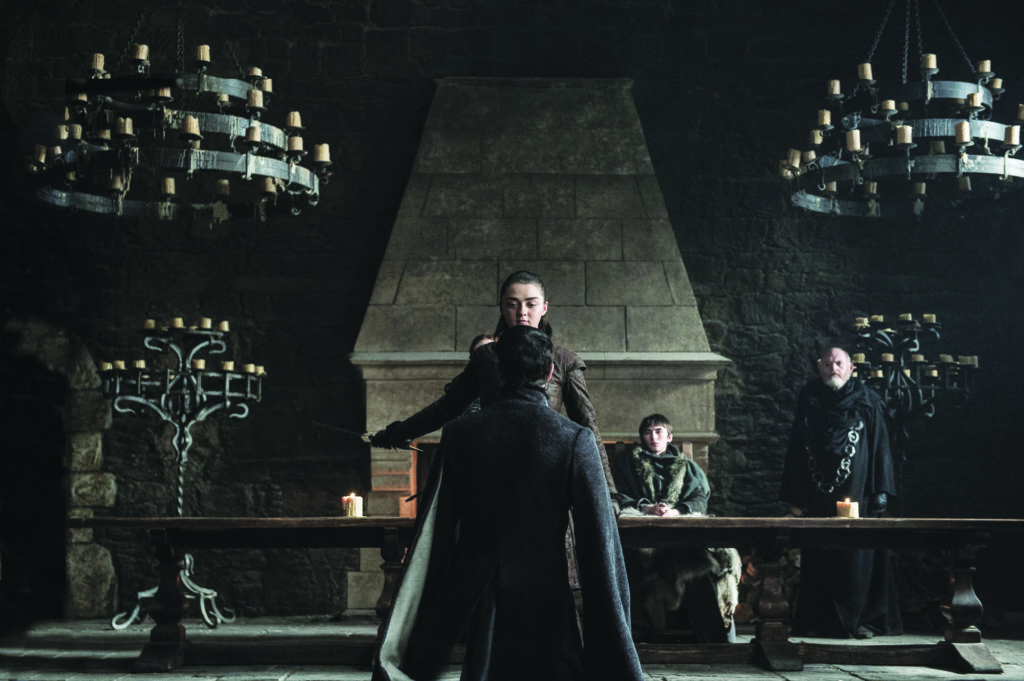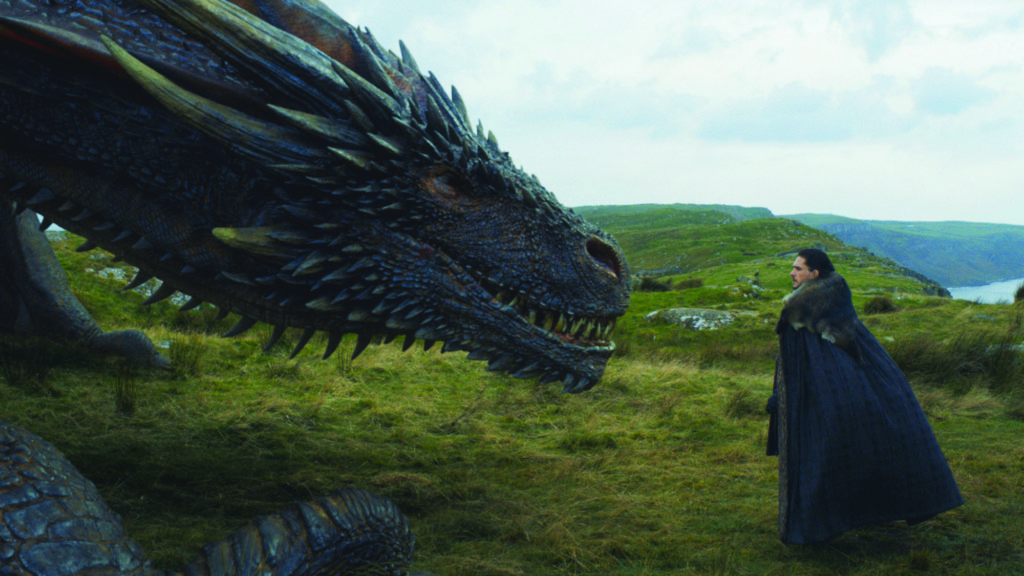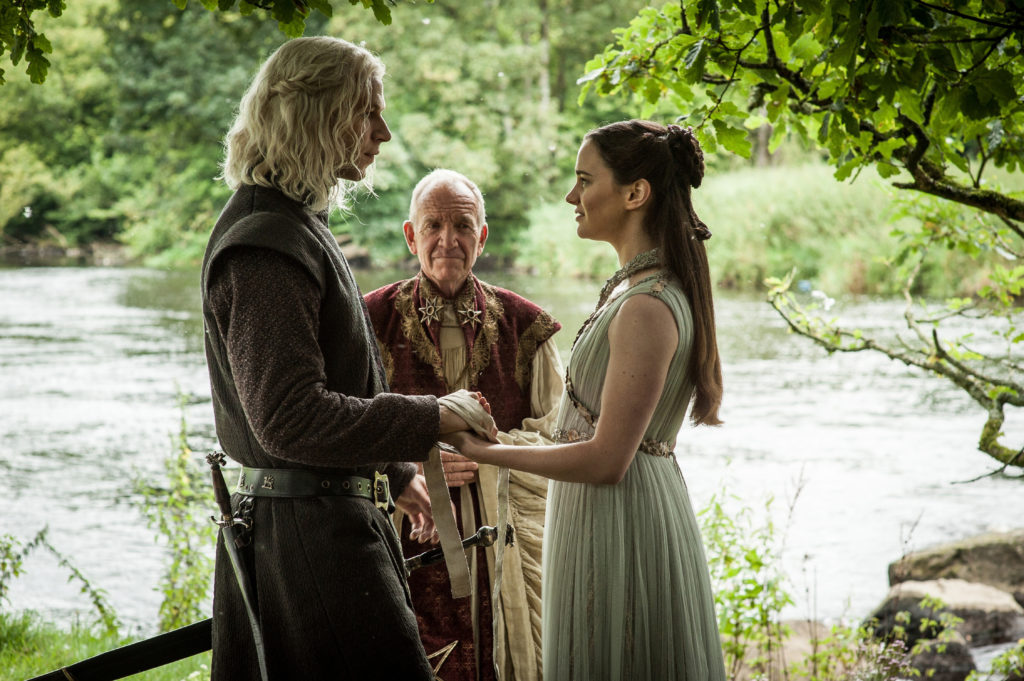
Game of Thrones has become one of the most popular series in the history of television. With its most recent season finale drawing in a record 16.5 million viewers, it’s no secret that the show has garnered a wide and dedicated fan base.
One of the show’s now infamous events, the Red Wedding, has now become synonymous with any kind of shocking moment on a television show. Its impact on pop culture could last for years to come.
Fantasy has typically been a niche genre for only the most dedicated fans.
Dr. Thom Kuehls, a political science professor at Weber State and avid fan of the series, has a few ideas on why the popularity of the show.
“The sort of quasi-fantasy genre has been sort of popular right now,” said Kuehls. “There’s this glut of superhero movies right now. I remember years ago when my brother gave me a copy of the first book and he said that George R. R. Martin is supposed to be the Tolkien of our time. But, I also think it’s just a really well-done TV show.”

Comparing the show’s current main three leaders, Jon Snow, Cersei Lannister and Daenerys Targaryen, Kuehls said, “There’s the classic question, ‘is it better for a leader to be loved or feared?’ Cersei is clearly just on the fear side, whereas for Jon Snow it’s more about winning respect. There’s also the question of ‘who do you want as a leader?’ Cersei wants the throne, and Jon doesn’t, but people keep pushing him back into leadership positions.”
Jackie Johnson, a fan of the series, disagreed about the show offering our society anything beyond entertainment.
“I think Game of Thrones is so popular because it’s so unpredictable and the characters are real,” said Johnson. “They make mistakes, they stay true to who they are. You never think ‘I can’t believe Cersei did that.’ It shows that all people are good and bad, and no one is entirely one or the other and I love that about the show.”
Dr. Scott Rogers, English professor at Weber State, offered his thoughts on the series’ cultural relevance and value.

“It’s another example of what I describe as a television Renaissance,” said Rogers. “Novels did the same thing. They took about fifty years, and TV took about fifty years to figure out what it was going to do… The biggest influence of Game of Thrones is that it’s a spectacular, big budget, well-written series. It’s the latest example in what’s been a ten-to-fifteen-year long iteration on improvements for long form storytelling. Movies are short stories and these are novels.”
Fiction’s purpose, especially in literature, goes beyond mere entertainment. One of its most important roles is to inform the human condition.
“Game of Thrones is a show about loyalty,” Rogers said. “It’s a show about families. That was one of the biggest themes of the finale. There’s the Lannisters who are far too family oriented, and the Starks are supposed to be this ideal family. The Night’s Watch is another family, or the Dothraki, or the Unsullied. Everyone outside of the Starks is this distorted version of the ideal family.”














